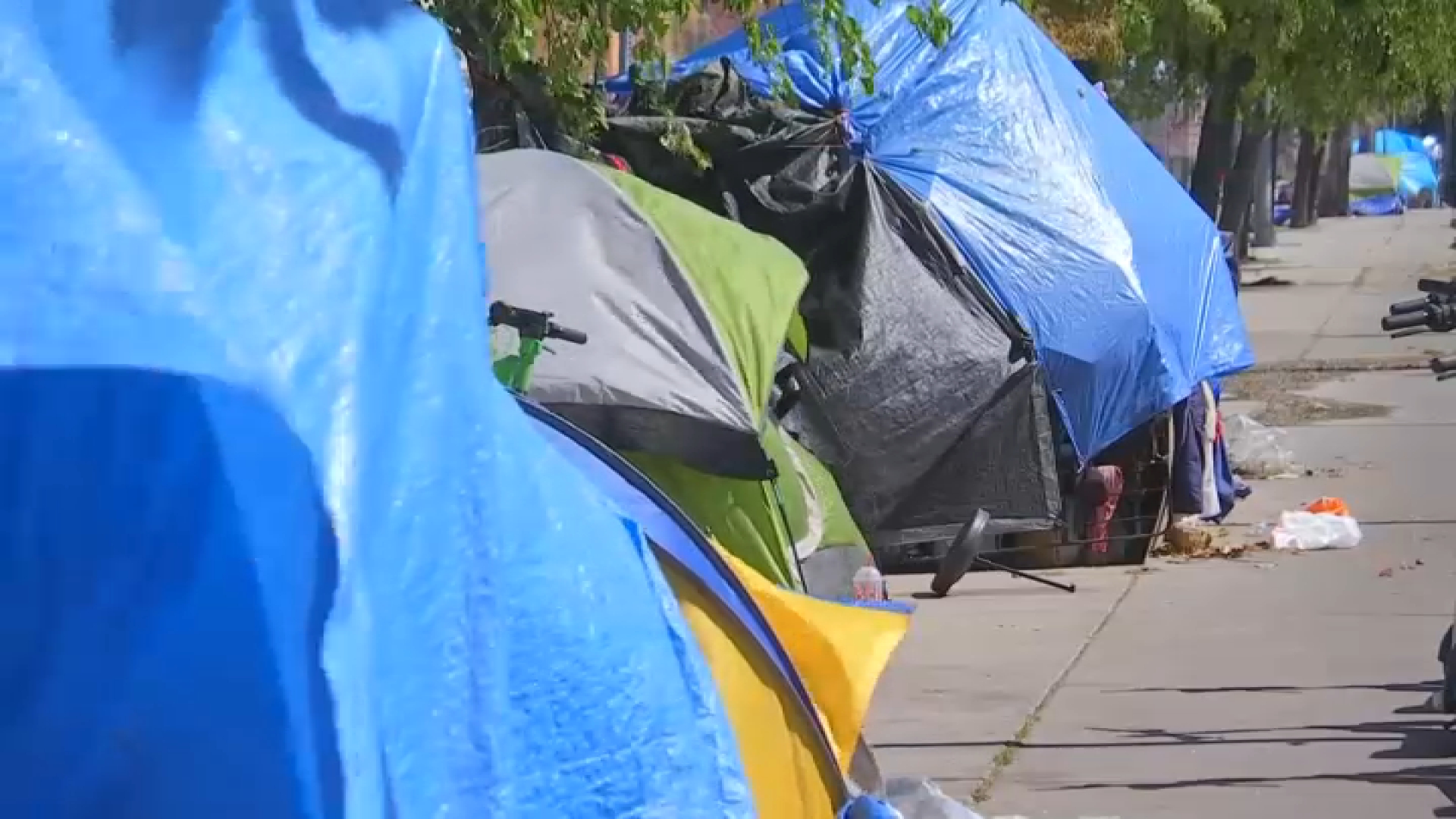The impending closure of a faded roadside inn turned residential motel has underscored conflicting visions over the future of affordable housing in gentrifying Costa Mesa.
The Costa Mesa Motor Inn on Harbor Boulevard is the first of half a dozen long-term occupancy motels that city leaders hope to see redeveloped.
"We're trying to clean up seedy motels," said Mayor Pro Tem Jim Righeimer.
But what City Hall sees as blight, advocates for low income residents contend serves as an alternative to homelessness for dozens of families with children in a city short of affordable apartments.
"This is a last resort," said Tim Dadey, who has lived at the Motor Inn for five years, paying $925 a month.
Dadey is one of four residents who filed suit against the city and the property owner after the City Council last November approved a plan to replace the motel with an upscale apartment complex.
The property owner offered long-term residents $5,500 in relocation assistance. Sixty day notices to residents went out earlier this summer, and most have already moved out, according to Ellia Thompson, attorney for the property owner Miracle Mile Properties. Fewer than 20 units remain occupied, she said.
News
Top news of the day
Under the development plan approved by the city, the expected market rate for the new apartments would be expected to exceed the affordability of moderate income renters, currently about $1,800 a month in Orange County. Miracle Mile pledged to make 20 of the 224 units available to moderate income renters by pricing those units "below market."
However, advocates for affordable housing contend the city must require some units be affordable by lower income renters, and must take steps to replace the low income motel units that will disappear, said Cesar Covarrubias, executive director of the Kennedy Commission, a nonprofit that brought the suit with the four tenant petitioners.
Covarrubias contends the city triggered state law by encouraging the development with incentives such as higher density.
"We believe the city is not following state law by giving incentives without providing housing for the low and very low income," Covarrubias said.
The suit also contends the city must ensure there is a more rigorous relocation program than the property owner offered.
City officials and the developer's attorney disagree with the Kennedy Commission's analysis.
Righeimer is opposed to subsidizing rents as a matter of principal, he said. He has suggested families that find rents too expensive should consider moving to less costly areas.
"You want to make sure your kids are in decent housing," said Righeimer. "They shouldn't be in 300 square feet. And when somebody's doing something to help with first and last (month's rent), to move on with your life, you should do it."
Dadey takes offense.
"It's OK for people to work in the city, that make minimum wage, but not OK to live here," Dadey send.
Dadey and other residents do credit the Motor Inn's management with taking steps to rid the property of criminal activity--illegal drugs and prostitution--that many said had taken root in years past. But they contend that the city council's vision of a more wholesome future leaves them with less wholesome options for staying in Costa Mesa.
Once the property is vacant, there is nothing to stop demolition from proceeding. However, a court issued injunction currently blocks construction of the planned apartment building.
Thompson said the intent is to secure the property once it is fully vacated.
At this point, the hearing to determine whether the city's approval complied with the law will be held next February.



